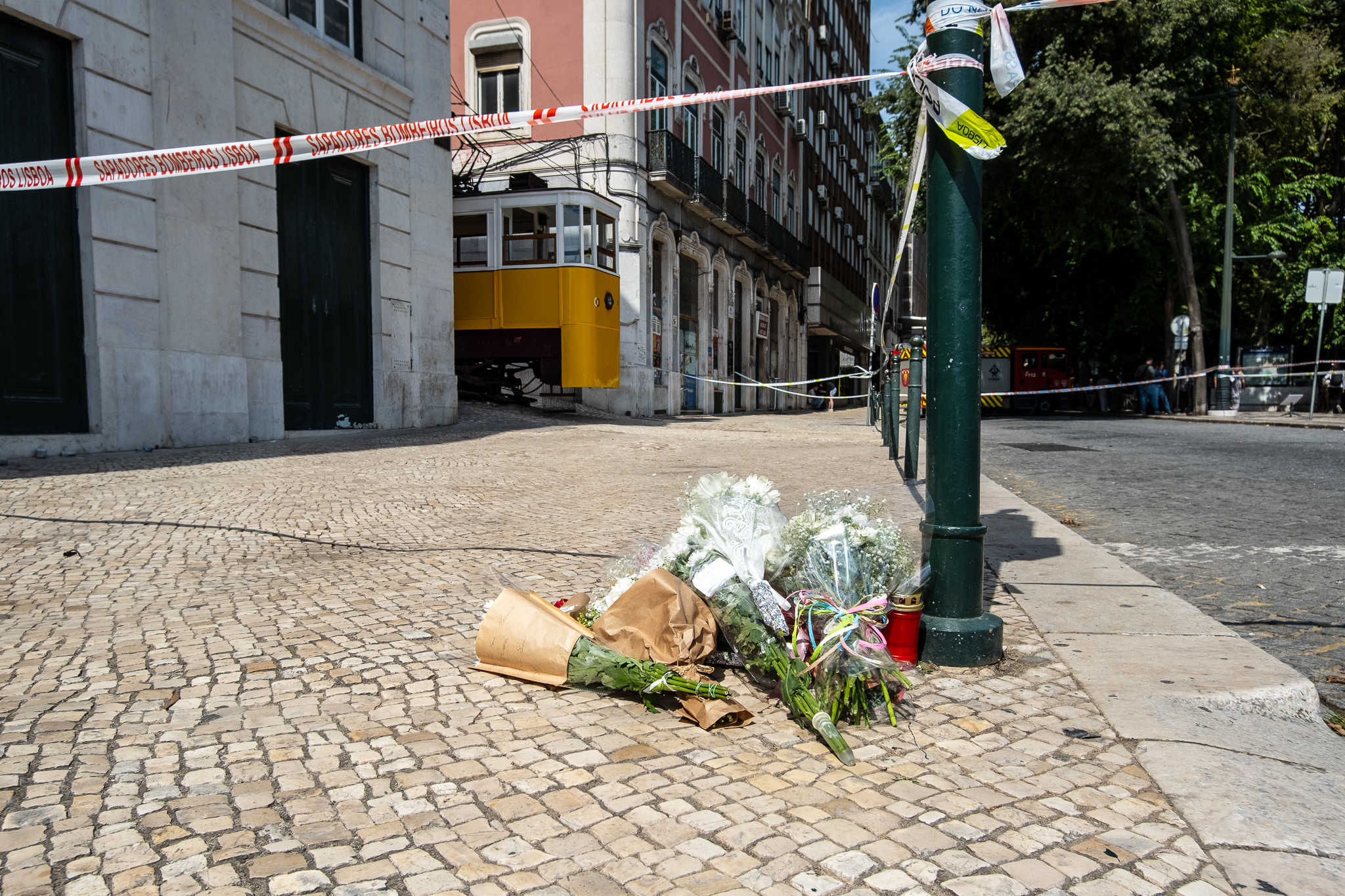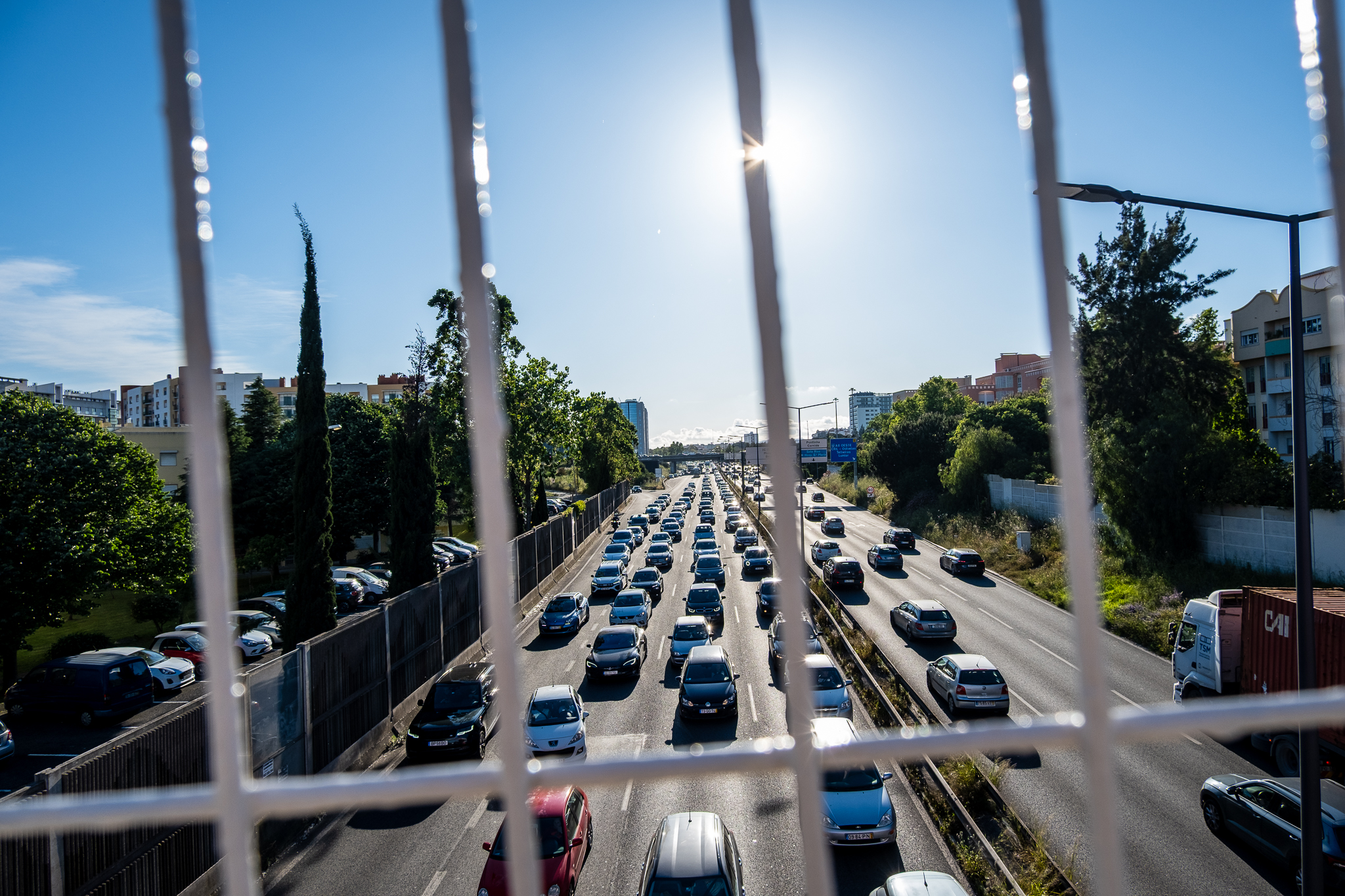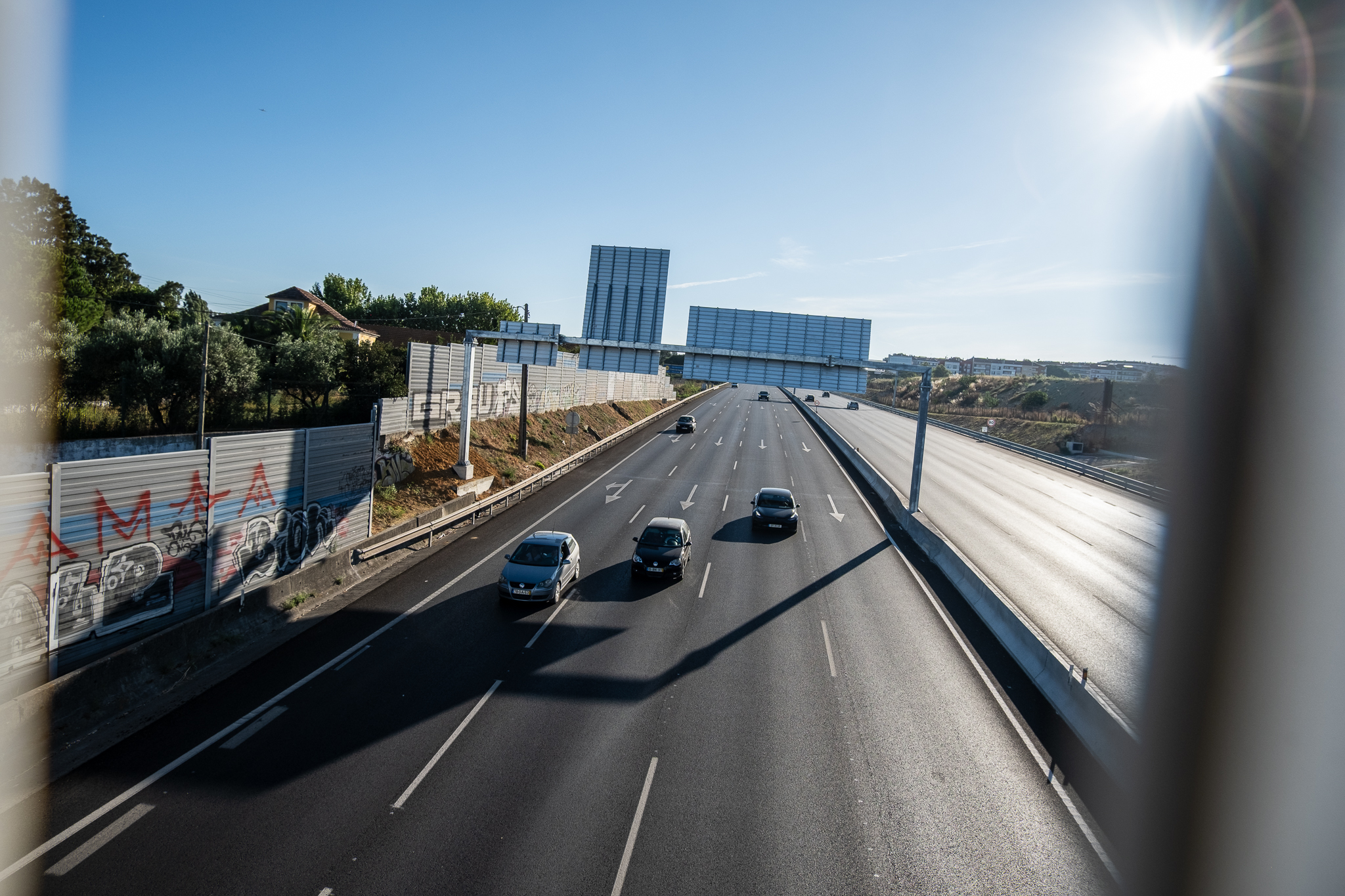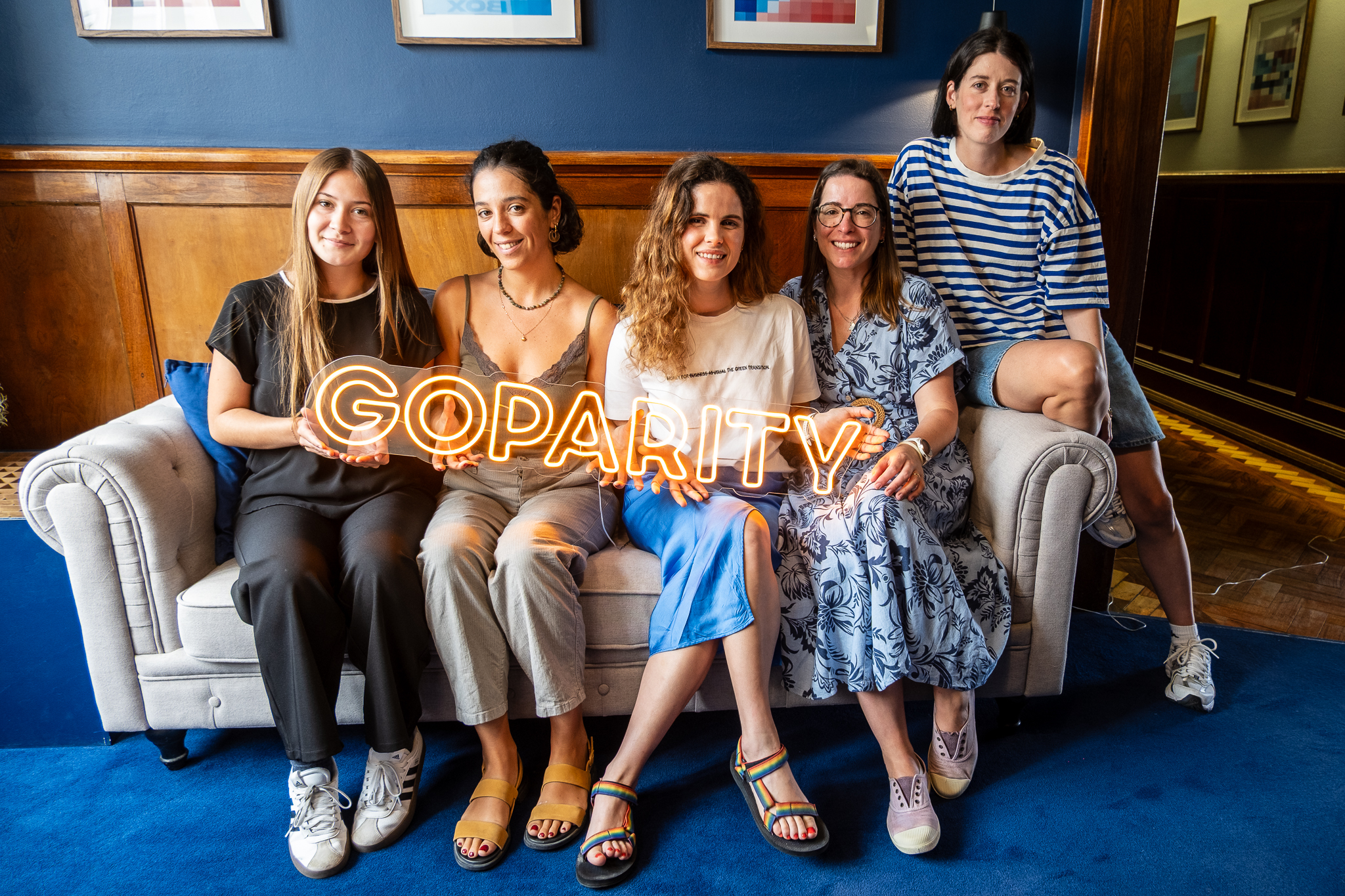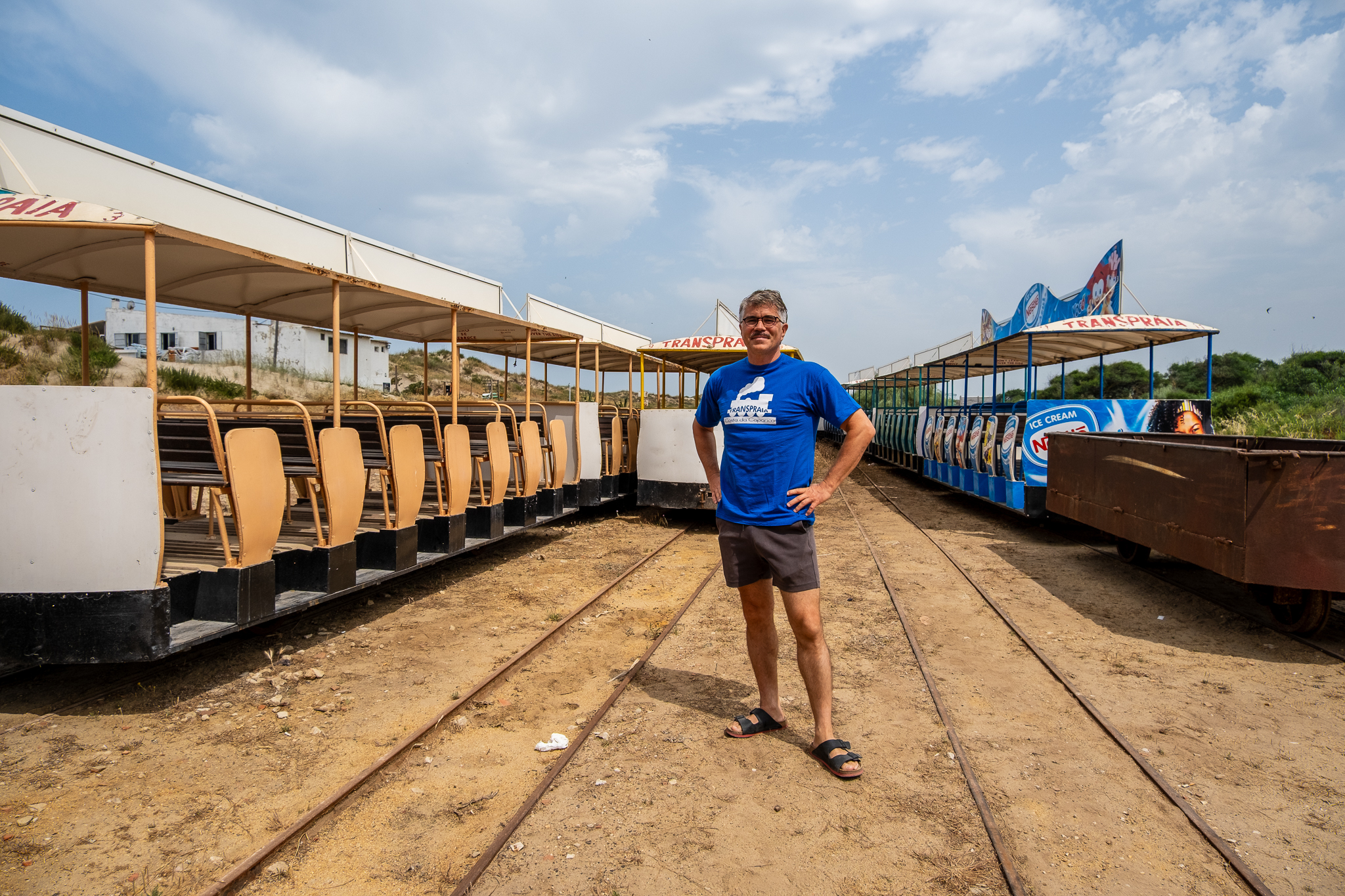This is the second of four stories of women bicycle users in Lisbon that we are publishing. Stay tuned or watch for the next episodes.
Maria Luísa Sousa
46 years old, Penha de França
"Living in a busy area gives me the privilege, as a woman, to move around more freely than if I lived in more isolated areas. However, there have been situations where, either because of the time of day or the area of town, I've been afraid that things might not go well, and there the fact that I'm a woman counts."

Lisboa Para Pessoas publishes four stories of women in Lisbon who make the bicycle their preferred means of transportation. A partnership with MUBi - Association for Urban Mobility on Bicycles and your project +MAP - More Women on Bikes.
After the story of Luiza BorgesHere we publish Maria Luísa Sousa's.
What is your experience with cycling in the city?
At Alcochete, where I lived part of my childhood and adolescence, I used to use the bicycle (a family baker) to get aroundI used my bicycle to go shopping, which was far away from the village (we didn't have a car). Then, already in Lisbon, I stopped using the bike as a means of transportation (and having a bike) and only dreamed about it again when the announcement of the GIRA shared bikes came up. I started using them in 2018 (until then I had no smartphone with Android system - a requirement that limits access), but since I live in Penha de França, a parish in the city that is (still!) excluded from GIRA bike sharing (and bike lanes), it meant losing at least 15 minutes just to get to the nearest dock.


I could only see how the bicycle is the most efficient means of mobility in the city when I bought, in 2020, with one of CML's supports for this purpose - a folding bicycle, which even today takes me everywhere in Lisbon. I use it all year round for utilitarian commuting. I have been learning how to ride in the city, gaining experience and knowledge about equipment (e.g., to carry what I need, for the rain, bike mechanics), about routes (creating new mental maps of the city), about regulation and use, with the simple act of pedaling and through other people who pedal, or through collectives, or organizations that promote specific knowledge about cycling in the city, such as MUBi, or Cenas a Pedal. Cycling in the city is, most of the time, a pleasure, and an opportunity to see and experience the city from this perspective.
Main difficulty: Road and gender insecurity and prejudice.
Council: You are not alone!
Tell us about how your gender has conditioned, or not, that experience.
I feel that the fact that I live in the center of Lisbon, in a busy area, gives me the privilege, as a woman, to move around more freely than if I lived in more isolated areas. However, there were situations in which, either because of the hour, or because of the area of the city, I was already afraid that things might not go well, and then the fact that I am a woman counts.


If you consider that it has conditioned, what situations have you experienced, when using the bicycle, where you felt somehow unequal, unsafe or lack of access because you are a woman?
For example, I have already felt insecure when I went out alone to go for walks in Monsanto (with my other bicycle, a gravel one) around 7:00 a.m.I have even changed one of my routes for this reason, or when I participate in a "bike train" (Bicicultura's school mobility support program) that leaves very early, and to get there I go through isolated areas where no one can be seen.


From your perspective, what is missing for more women to regularly use the bicycle as a mode of transportation?
I look for tools to deal with inequalitiesIn this context, I would like to mention the ones that have to do with the representations associated with gender, such as, for example, in relation to mechanical literacy. Initiatives such as those of the community cycloficina FEMINA (of Cicloda), of which I am a member, have played an important role in promoting these tools (figuratively and literally). It is also important to know the experience of other women (what the MUBi's +MAP is doing)have more bike buddies to support each other to start cycling more often and train skills to do so (there are already groups doing this) and to promote safe routes, both in terms of road accidents and sexual violence.
Launched on March 8th, the project +MAP - More Women on Bikes is an initiative of MUBi - Association for Urban Mobility on Bicycles which aims to function as a meeting point around gender issues - a space where you can talk about the evident gaps in women's bicycling, and break down prejudices and social obstacles.

